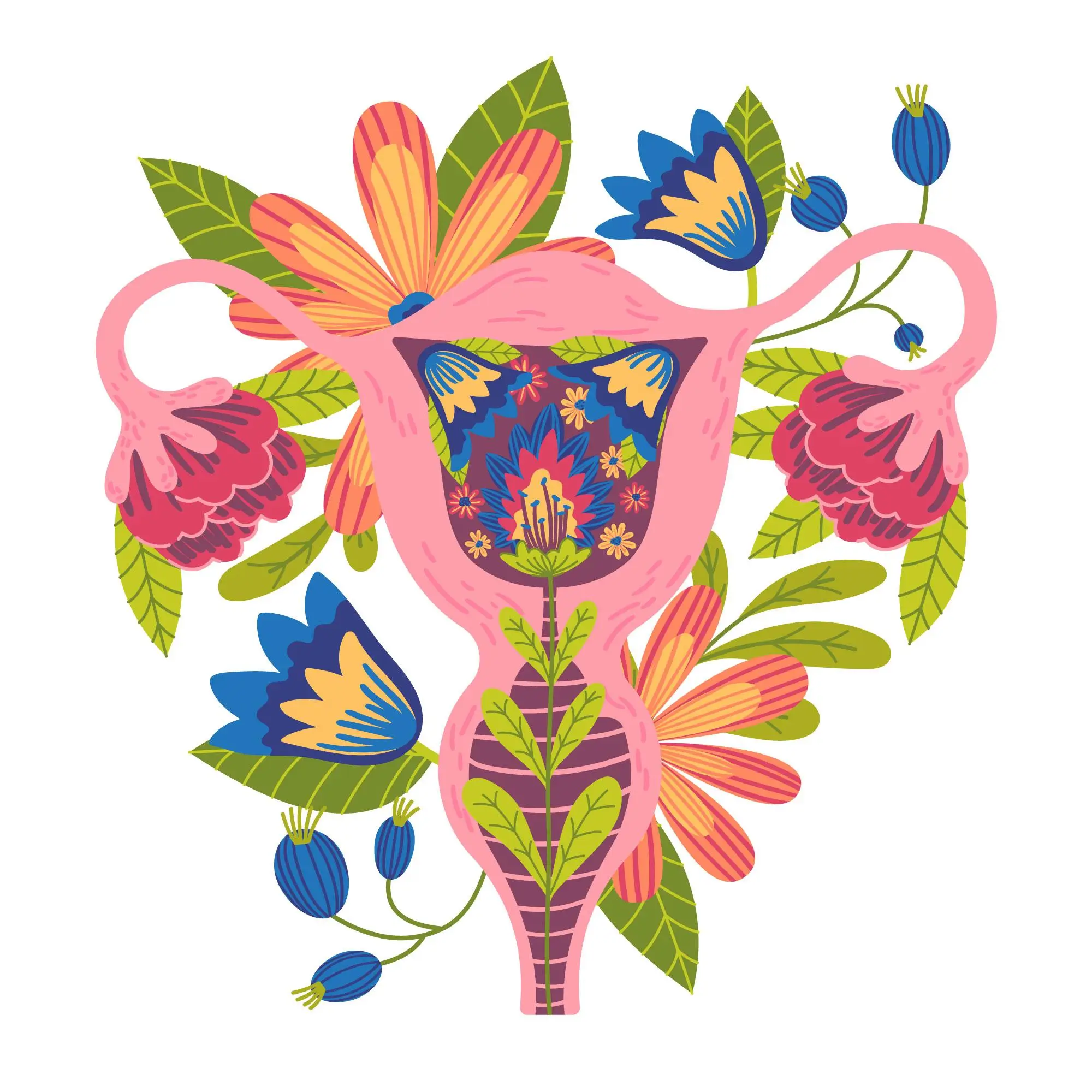We’re selling organic products
Discover the Power of Nature with Our Organic Products
+91 83064 08402

Understanding Polycystic Ovary Disease (PCOD)
Polycystic Ovary Disease (PCOD), also known as Polycystic Ovary Syndrome (PCOS), is a common hormonal disorder among women of reproductive age. It is characterized by irregular menstrual cycles, excess androgen levels, and polycystic ovaries. Understanding its symptoms, causes, and management is essential for those affected and seeking information about the condition.
Symptoms
PCOD symptoms can vary but commonly include:
- Irregular Periods: Menstrual cycles may be irregular, infrequent, or prolonged.
- Excess Androgen: Elevated levels of male hormones (androgens) leading to acne, hirsutism (excess facial or body hair), and male-pattern baldness.
- Polycystic Ovaries: Ovaries may contain multiple small follicles (cysts) that may not regularly release eggs.
- Insulin Resistance: Often associated with weight gain, difficulty losing weight, and an increased risk of type 2 diabetes.
- Skin Issues: Such as skin tags, darkening of the skin (acanthosis nigricans), and severe acne.
Causes
The exact cause of PCOD is not fully understood but may involve:
- Genetics: Family history of PCOD can increase the risk of developing the condition.
- Hormonal Imbalance: Increased androgen levels and irregularities in insulin production and processing.
- Lifestyle Factors: Poor diet, sedentary lifestyle, and stress may exacerbate symptoms.
Management and Treatment
Treatment aims to manage symptoms and reduce the risk of long-term complications such as diabetes and cardiovascular disease. Options include:
- Lifestyle Changes: Balanced diet, regular exercise, and weight management to improve insulin sensitivity and hormone balance.
- Medications: Birth control pills to regulate menstrual cycles, anti-androgen medications to manage symptoms like hirsutism, and medications to induce ovulation for those trying to conceive.
- Fertility Treatments: Options such as ovulation induction or in vitro fertilization (IVF) for women struggling with infertility.
- Management of Long-term Health Risks: Regular monitoring for diabetes, high blood pressure, and cholesterol levels.
Support and Resources
Living with PCOD can be challenging, but resources and support are available:
- Support Groups: Connecting with others who have PCOD can provide emotional support and practical advice.
- Educational Materials: Accessing reliable information and staying informed about new research and treatments.
- Healthcare Providers: Regular visits to healthcare providers specializing in reproductive health and endocrinology for ongoing management and support.

Why Choose SGP Group?
Experience exceptional service and unparalleled support with SGP Group.
-
Refreshing to get such a personal touch in service
-
Committed to excellence in every interaction
-
Innovative solutions tailored to your needs
Frequently Asked Question!
Common symptoms of PCOD include:
- Irregular Menstrual Cycles: Periods may be irregular, infrequent, or prolonged.
- Excess Androgen: High levels of male hormones can cause acne, hirsutism (excess hair growth), and male-pattern baldness.
- Polycystic Ovaries: Ovaries may have multiple small cysts that can affect hormone levels and fertility.
PCOD can impact fertility due to irregular ovulation or lack of ovulation. However, many women with PCOD can conceive with appropriate medical management, such as fertility medications or assisted reproductive technologies.
Diagnosis of PCOD typically involves:
- Medical History: Including menstrual cycles, symptoms like acne or hirsutism, and family history.
- Physical Exam: Including a pelvic exam to check for ovarian enlargement or cysts.
- Blood Tests: To measure hormone levels, including androgens and insulin.
- Ultrasound: To examine the ovaries for cysts or other abnormalities.







